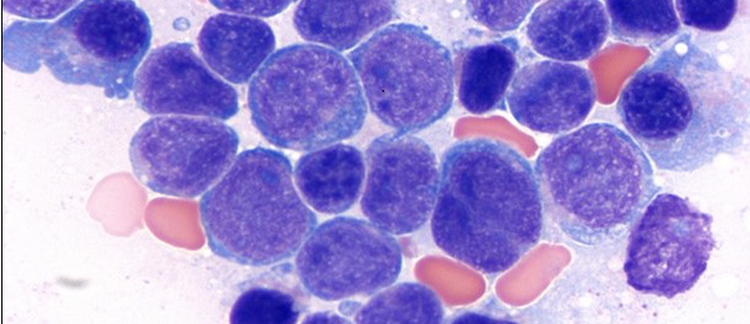Abstract
Precursor B-cell acute lymphoblastic leukemia (B-ALL) is the most common type of leukemia in children and young adults. Our understanding of the genetic basis of B-ALL has greatly improved in recent years. Application of genomic profiling and sequencing has led to the identification of a clinically important subgroup of B-ALL patients who are BCR-ABL1 negative, but exhibit a gene expression profile similar to that of BCR-ABL1-positive ALL. This new subgroup has been referred to as BCR-ABL1-like ALL. Like BCR-ABL1-positive ALL, BCR-ABL1-like ALL patients are in the high-risk category, associated with poor outcome. The BCR-ABL1-like patients have a diverse range of genetic alterations that activate tyrosine kinase signaling. The recurrent genetic changes include ABL class- or JAK pathway-associated translocations and IKZF1 deletions. Herein, we review the recent progress in BCR-ABL1-like ALL, the recurrent genetic alterations seen in these patients, and the therapeutic potential of targeting the identified molecular changes.
Keywords
ALL, BCR-ABL1-like, Ph-like, ABL-rearrangements, JAK2-rearrangements, IKZF1
How to Cite
Lokhandwala, P. M. & Ning, Y., (2016) “Update on BCR-ABL1-like precursor B-cell acute lymphoblastic leukemia”, Hematopathology 1(1), 11-15.
435
Views
398
Downloads
